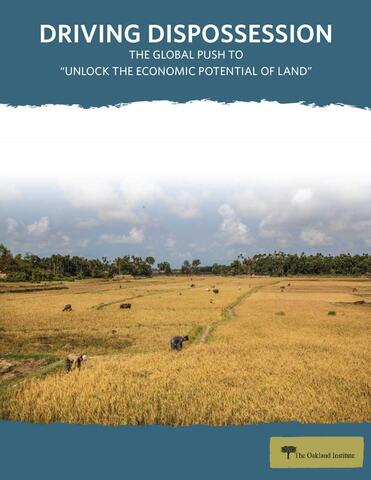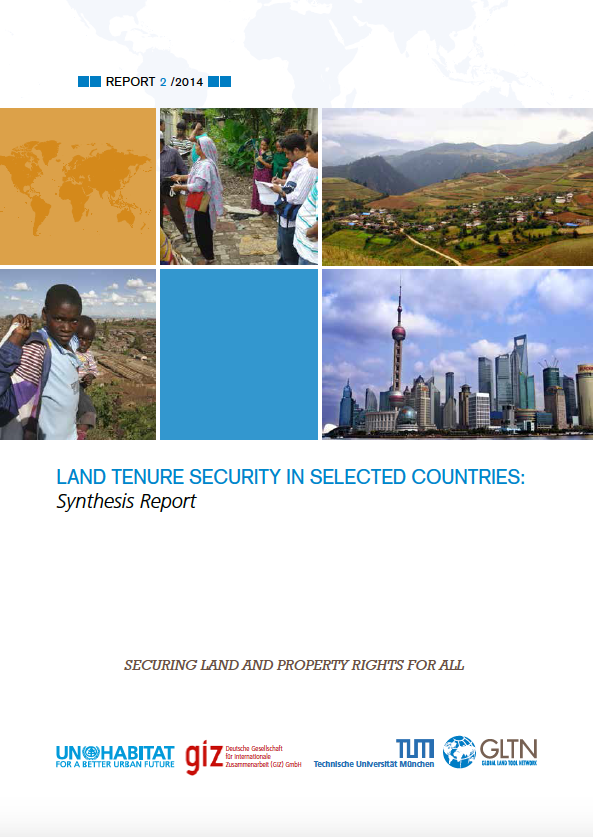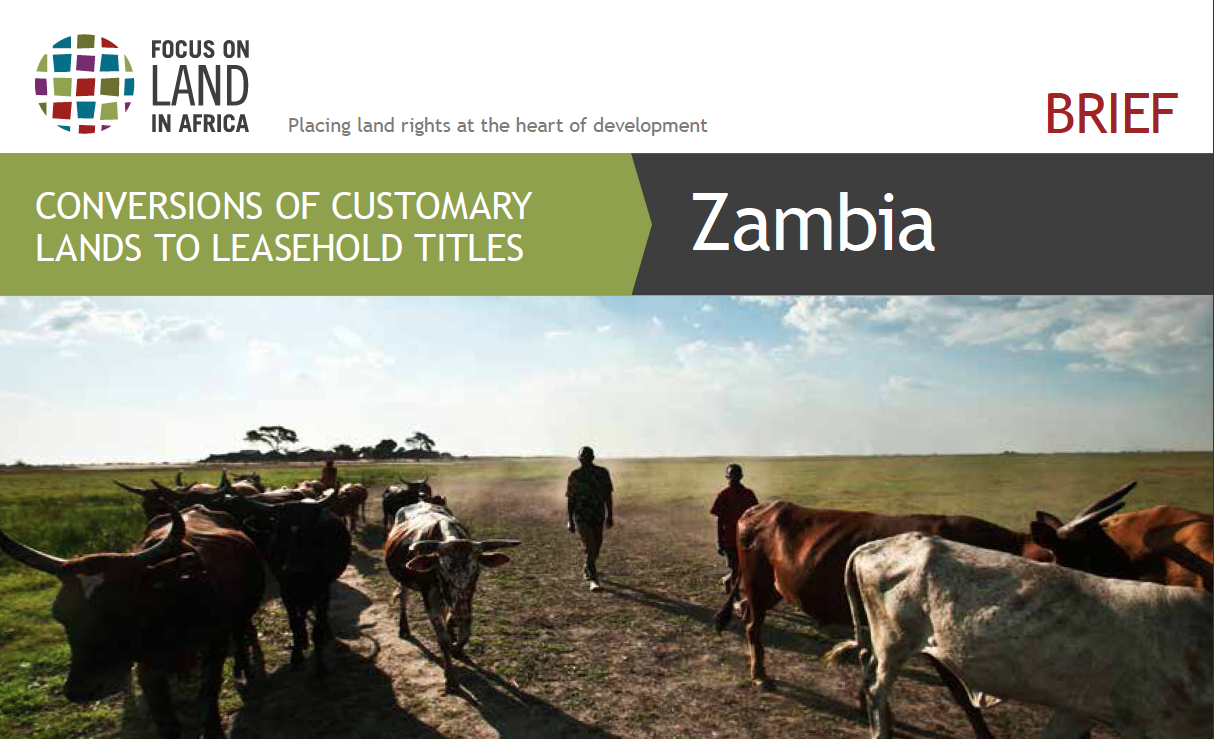We use nationally representative survey data from two neighboring countries in Southern Africa – Zambia and Malawi – to characterize the current status of rural land rental market participation by smallholder farmers. We find that rural rental market participation is strongly conditioned by land…
Driving Dispossession: The Global Push to “Unlock the Economic Potential of Land,” sounds the alarm on the unprecedented wave of privatization of natural resources that is underway around the world. Through six case studies — Ukraine, Zambia, Myanmar, Papua New Guinea, Sri Lanka, and Brazil —…
This article examines the impact of the land reforms undertaken in Zambia and Zimbabwe on agricultural development. The Zambian land reform of 1995 has led to significant improvements in agricultural productivity and output since the early 2000s, allowing for a rising GDP and hopes that such…
The Impact of Traditional Landholding Certificates on Social Differentiation
2014
Land tenure administration in Zambia suffers from serious shortcomings in governance. Too much power is vested with too few checks and balances in too few people, notably the chiefs, local councils and the Commissioner of Lands. This creates fertile ground for abuse and corruption, both of which…
The global finance, energy and food crises are fuelling a global rush for land in developing countries. In their search for land, political leaders and investors look to Africa as a potential food supplier for the rest of the world. However, the current trend of land liberalisation rarely offers…
Paper discusses Zambia’s dual land tenure system, the ways in which gender issues have been incorporated in legal and policy documents, and the extent to which this has been reflected in practice. It also examines the role of donors in legal and policy processes and donor support to civil…
It is well recognized that secure land and property rights for all are essential to reducing poverty because they underpin economic development and social inclusion. Secure land tenure and property rights enable people in urban and rural areas to invest in improved homes and livelihoods.…
The Land tenure system in Zambia is divided in the following administrative segments: colonial period
1880-1964; immediate post independence 1964-1975, post independence period of one party political
administration 1975-1991; and the liberalization period of multiparty government…
Zambia recognizes two types of land tenure: customary and leasehold tenure. While historically the majority of land in Zambia has been held under customary tenure, leases (also called leasehold titles) are the only legal means of holding land rights.
In 1995, a new Land Act was passed,…






